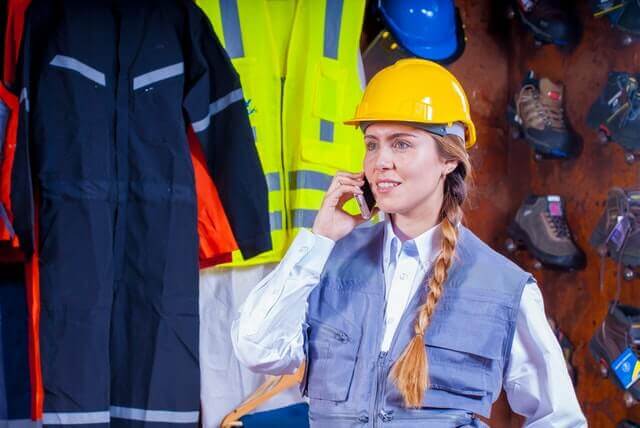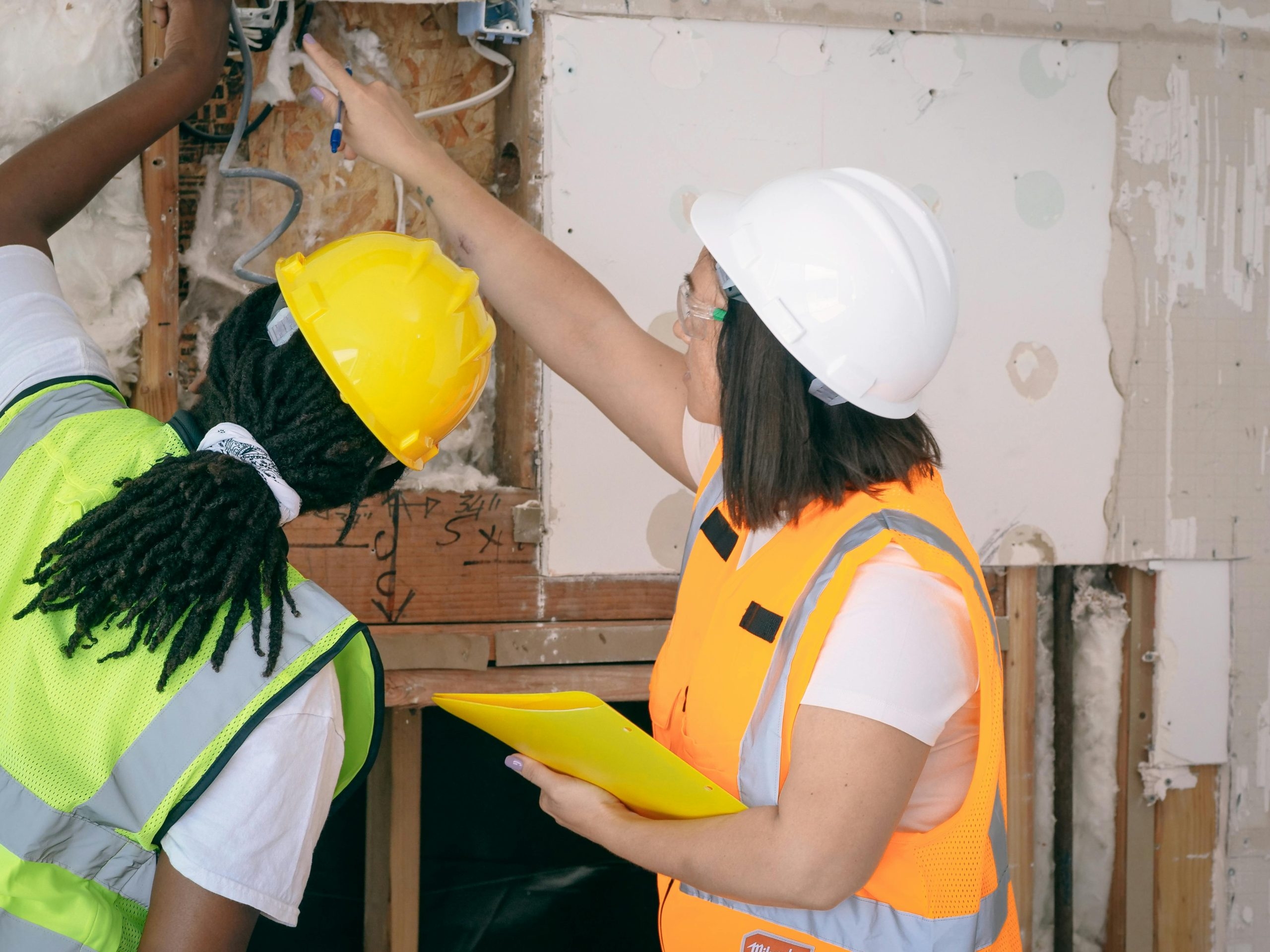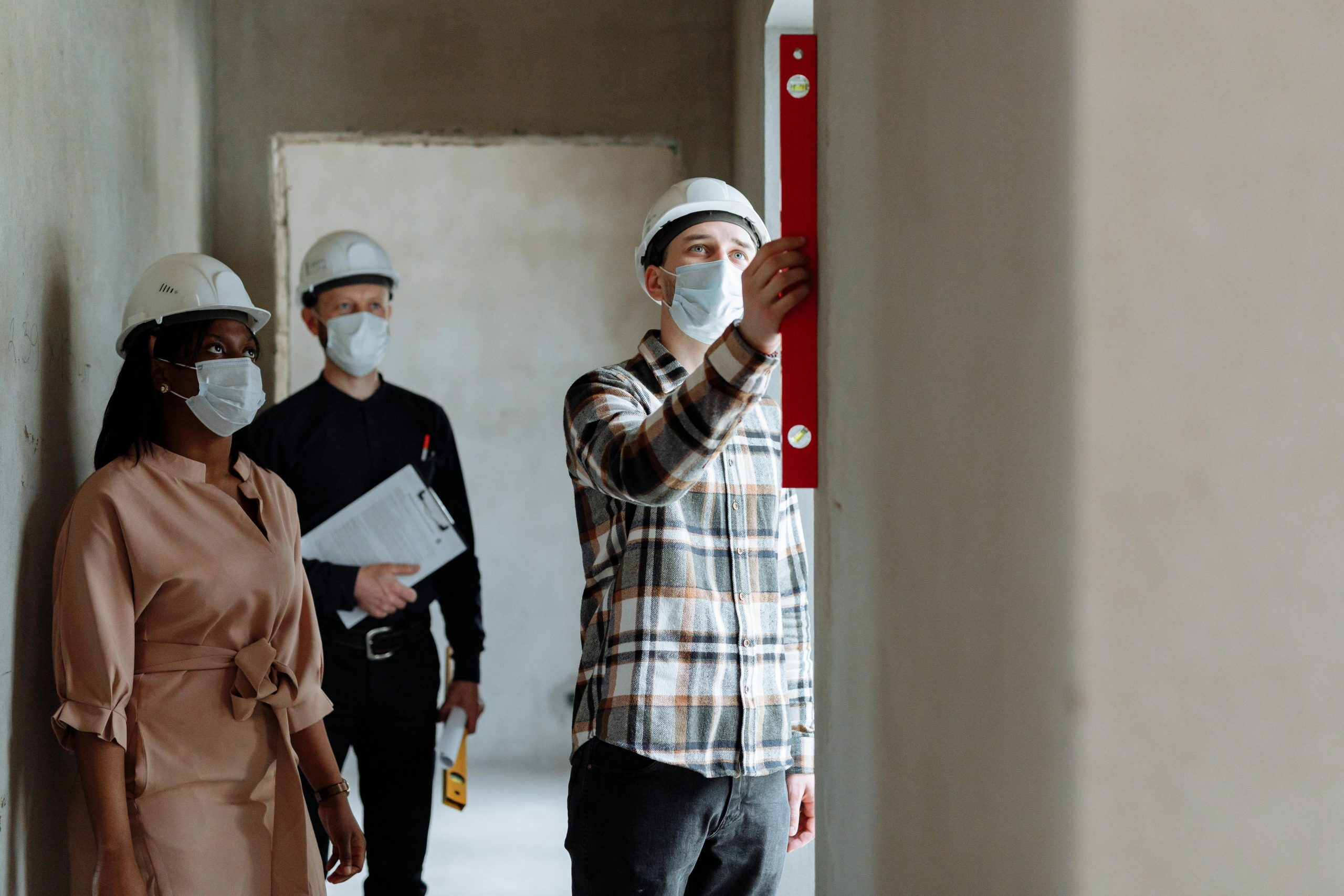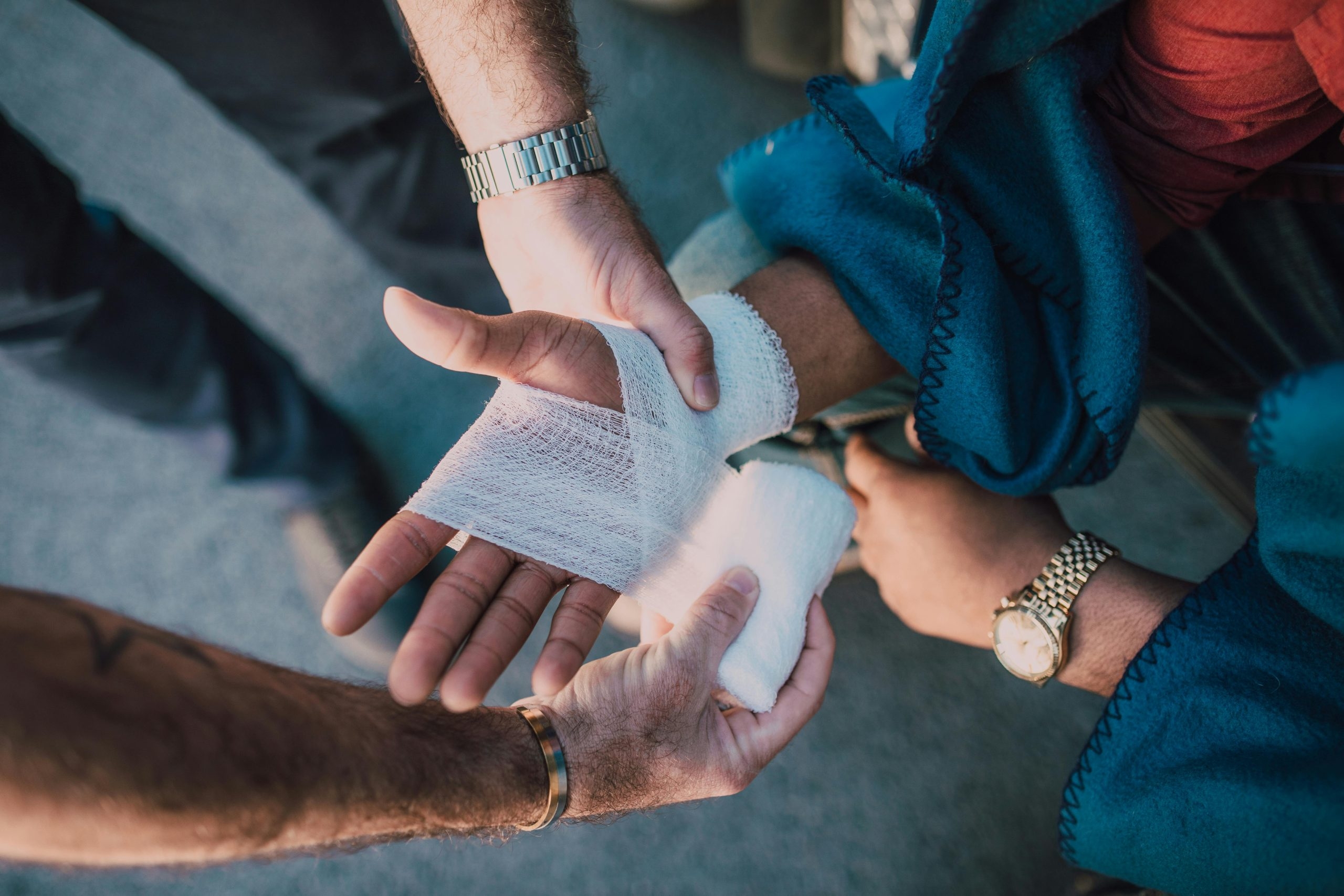Employing Young People: A Brief Health & Safety Guide for Employers
February 13, 2019 | By: Victoria Makepeace
 Health and Safety legislation places a duty of care onto employers to protect the health, safety and welfare of all their employees and anyone else who may be affected by their work. Some employees may be more vulnerable than other employees and this needs to be taken into consideration by employers when controlling risks. For example, if you are employing young people or children they may not have the same risk awareness as more experienced employees thus making them more at risk of injury.
Health and Safety legislation places a duty of care onto employers to protect the health, safety and welfare of all their employees and anyone else who may be affected by their work. Some employees may be more vulnerable than other employees and this needs to be taken into consideration by employers when controlling risks. For example, if you are employing young people or children they may not have the same risk awareness as more experienced employees thus making them more at risk of injury.
This guide focuses on the steps that employers need to take to protect a young person or child at work.
- A young person is defined as someone under the age of 18 years.
- A child is someone under the official minimum school leaving age (approximately 16 years old).
Young Person Risk Assessments
If you have any employees under the age of 18, you need to carry out Risk Assessments taking into consideration:
- The young person’s lack of experience, their unawareness of risks and immaturity.
- The workplace layout.
- The physical, biological and chemical agents they will be exposed to.
- Work equipment.
- How the work and processes are organised.
- The amount of Health and Safety training needed.
When employing young people consideration needs to be given to the below risks:
- If the work is beyond the young person’s physical or psychological capacity.
- If the work involves exposure to harmful substances or radiation.
- If the work involves risks of accidents that young people cannot recognise due to their lack of experience.
- If there is a risk from extreme cold or heat, noise or vibration.
A child must never carry out work involving the above risks. A young person (who is not a child) can only carry out work involving the above risks if the work is necessary for their training, the work is properly supervised and the risks have been reduced to the lowest level so far as is reasonably practicable.
When a person is under the minimum school leaving age, the findings of the Risk Assessment must be brought to the attention of the child's parents or guardians and explained in full.
Employing Young People - Training and Supervision
Young people need clear information, instruction and training. In addition to the basic induction training given to all employees, the employer must identify and make the young person or child aware of the specific issues that might affect them. Emphasis will also be required on issues such as horseplay and practical jokes. Employers need to ensure that young employees have understood the training they have been given and employers need to be aware that young persons are likely to require more supervision than adults.
Other H&S Considerations
- Upon deciding to make an offer of employment to a person under the age of 18, you should contact your insurance company to ensure that your Employers' Liability Insurance policy covers you for this type of employment.
- Look back at your accident and ill health records as these often help to identify the less obvious hazards.
- Contact the local authority to apply for a work permit if the child is between 13 and the minimum school leaving age (children under 13 years old are generally prohibited from any form of employment).
- PPE needs to be intended specifically for young people or children as adult PPE may not be a true fit and consequently be ineffective at controlling risks.
Work Experience Students
If your business provides work experience placements for students, under Health and Safety legislation, work experience students are to be treated the same as young employees. The HSE has also produced
guidance to help employers fulfill their duty of care.
If you are employing young people and require any assistance with carrying out young persons Risk Assessments or would like any other Health and Safety advice, please
contact our Wirehouse Health and Safety team today.
Share this with a friend:
 Health and Safety legislation places a duty of care onto employers to protect the health, safety and welfare of all their employees and anyone else who may be affected by their work. Some employees may be more vulnerable than other employees and this needs to be taken into consideration by employers when controlling risks. For example, if you are employing young people or children they may not have the same risk awareness as more experienced employees thus making them more at risk of injury.
This guide focuses on the steps that employers need to take to protect a young person or child at work.
Health and Safety legislation places a duty of care onto employers to protect the health, safety and welfare of all their employees and anyone else who may be affected by their work. Some employees may be more vulnerable than other employees and this needs to be taken into consideration by employers when controlling risks. For example, if you are employing young people or children they may not have the same risk awareness as more experienced employees thus making them more at risk of injury.
This guide focuses on the steps that employers need to take to protect a young person or child at work.






